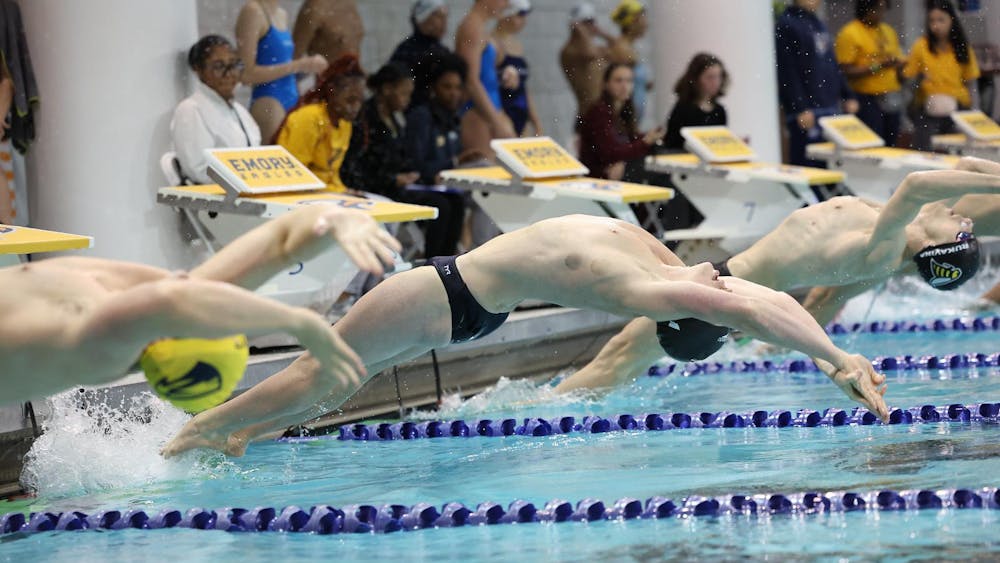LeBron James probably didn’t expect to set off a firestorm of controversy when he put in his two cents about the Hong Kong protests on Oct. 14. But that’s what happened when the Los Angeles Lakers’ superstar forward said that Houston Rockets general manager Daryl Morey “wasn’t educated” on the Hong Kong protests after Morey tweeted his support for the Hong Kong protestors on Oct. 4, a tweet that has since been deleted.
In the same pregame interview, James expressed worry about the unintended consequences of Morey’s tweet.
“So many people could have been harmed — not only financially, but physically, emotionally, spiritually,” James said. “Just be careful about what we tweet, what we say and what we do.”
His concerns are legitimate. Nowadays, people hardly ever stop to think about the effects their words can have before pressing send. But one word from James’ quote sticks out farther than the rest: “financially.” Why would James, who touts some prominent endorsement deals, worry about the financial implications of one man’s tweet, especially when it doesn’t directly relate to him? There’s likely just one reason for this. Or rather, one company: Nike, with whom James has a $1 billion contract.
The multi-billion dollar apparel company has long supported social justice activists, including former NFL quarterback Colin Kaepernick, who knelt for the national anthem to protest police brutality in the United States. In fact, Nike made Kaepernick the face of their “Just Do It” ad campaign in September 2018 despite severe political backlash. Nike’s stocks boomed immediately following the ad’s debut and have grown rapidly since.
We would expect Nike to side with the Hong Kong protestors, right? They’re fighting for values similar to those previously supported by the corporation in the past, like freedom of speech and the right to freely assemble. But so far, the company hasn’t said a word.
When you realize that Nike made $1.68 billion from China last year and manufactures 25 percent of all of their products in the country, it’s easy and disheartening to see why Nike has remained quiet and left James in the dust. James can’t say anything pro-Hong Kong, so he has to remain neutral. That way, Nike’s stocks don’t dip. Nike may not have told James explicitly to not pick sides, but he knows the cost of supporting Hong Kong. China may cut ties with Nike, severely damaging the company’s economic output and therefore, James’.
Nike’s Emmy Award-winning Kaepernick ad cemented the company as a progressive one that fights for freedom. The Hong Kong situation has damaged their reputation, perhaps irreparably, and rightfully so. Direct your anger at Nike, not at James, who has fought for equality ever since he stepped onto the hardwood.
For a company that has so often aligned itself with individual liberties, Nike’s silence on Hong Kong is deafening. This moment has revealed Nike’s priorities: profits over principles. They can say that they are with freedom fighters, so long as their fight generates monetary gains and not losses. They had a choice between two roads, one of democracy and human rights, and one of corporate greed and irresponsibility. Unfortunately, they chose to go down the latter.
And while James will take the brunt of criticism from distraught fans, Nike will get the benefits of an untarnished brand name and an ever-fruitful relationship with the Chinese. Obviously, your disappointment should not be with James. It should be with Nike. Do they really stand for anything if they don’t stand for this?





